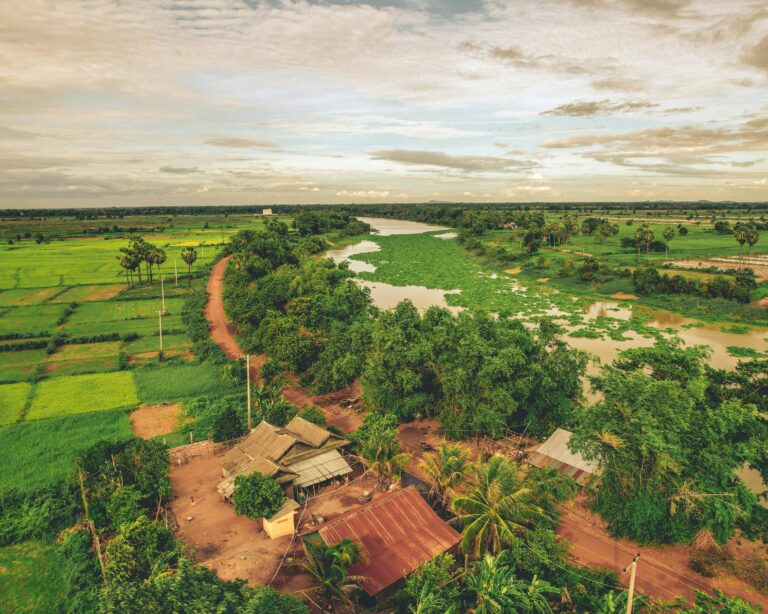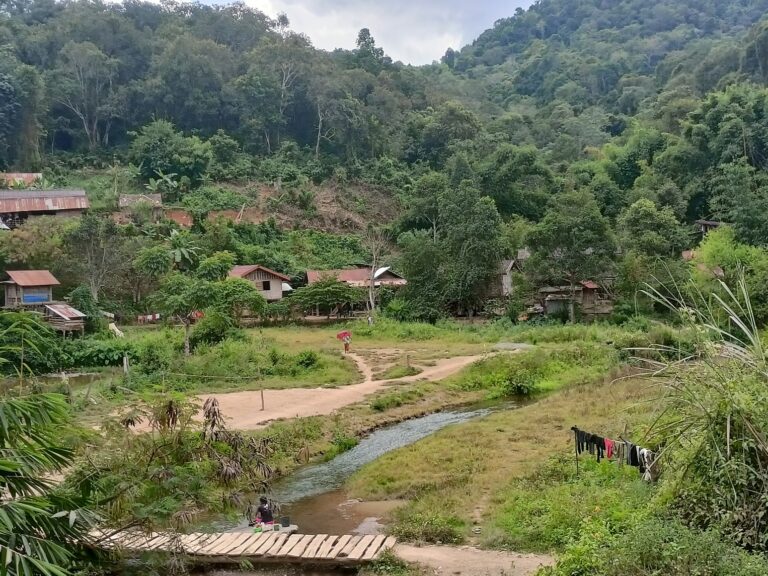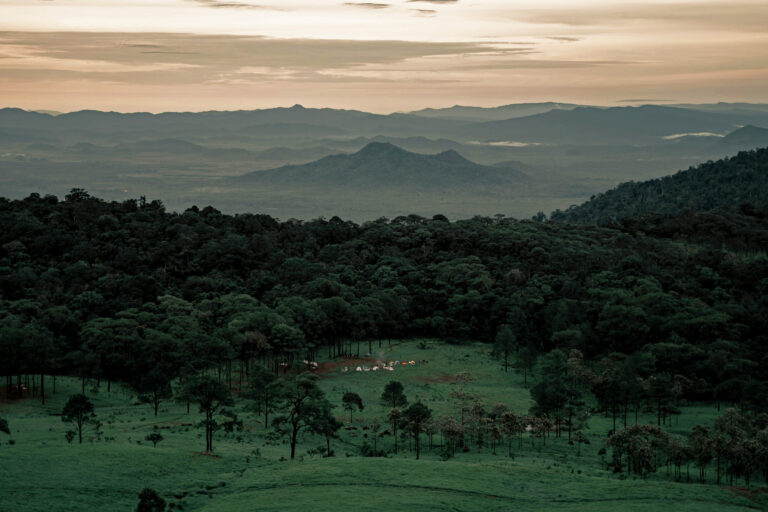Project Description
Hanoi City faces increasing water-related challenges, including river and groundwater pollution, reduced Red River flow, groundwater depletion, and urban drainage congestion. These interlinked issues threaten Hanoi’s socio-economic development and long-term environmental sustainability. To support the city’s transition toward integrated water management, ICEM, commissioned by the World Bank in 2019, conducted a study aimed at addressing water pollution in key rivers and improving drainage and wastewater management in priority districts. The project complemented Hanoi’s Drainage Master Plan and contributed to the city’s vision of becoming a livable, resilient, and economically attractive hub by 2050.
Objectives, Activities, and Results
The study focused on two key assignments: managing water pollution in four rivers (To Lich, Nhue, Day, and Tich) and developing an investment plan for drainage and wastewater systems in Long Bien and Gia Lam districts. ICEM carried out baseline assessments, field inspections, stakeholder consultations, and modelling of grey and green infrastructure solutions. Interventions were evaluated using a Source-Pathway-Receptor approach, and prioritized through multi-criteria analysis. Soft measures were also proposed to improve policy, institutional capacity, enforcement, and financing. Workshops with government and stakeholders informed final recommendations. The study provided a comprehensive roadmap for integrated, climate-resilient water resources management in Hanoi.



